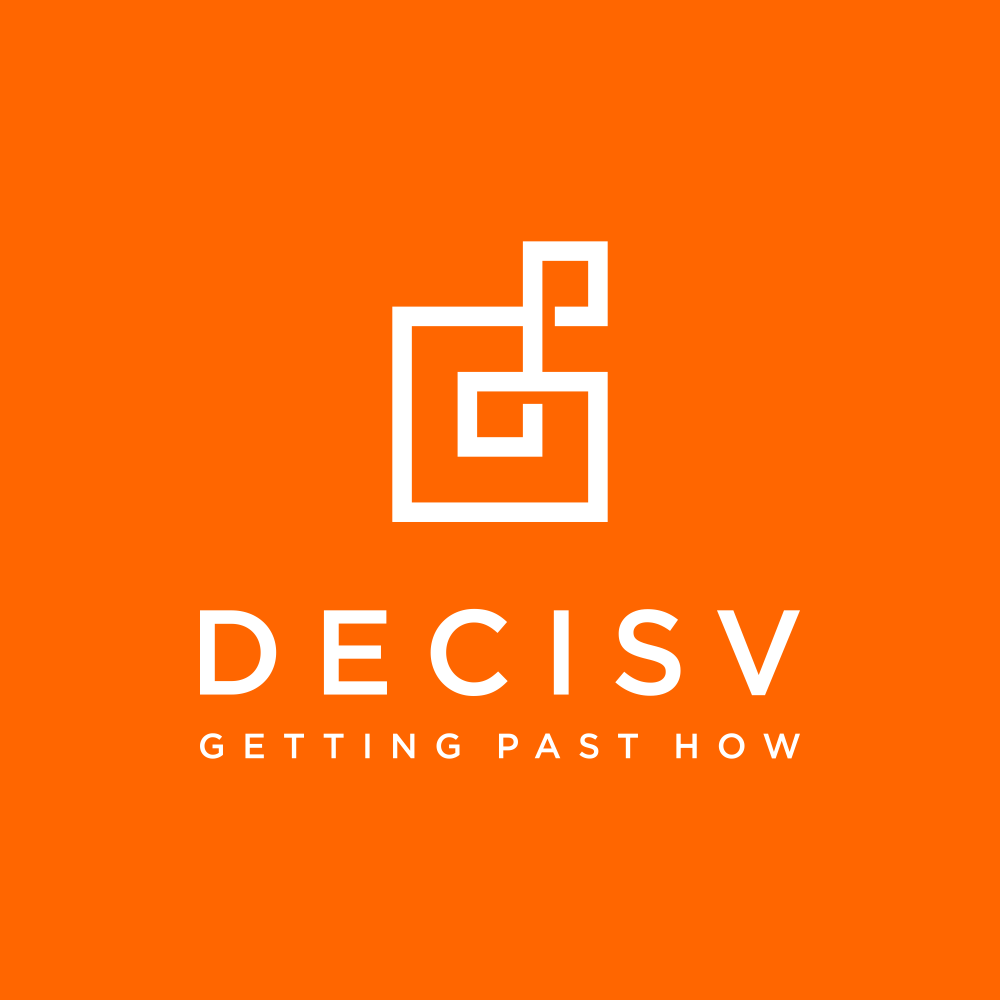Managing Excerptations: Algorithmic Tasks and the Creative Economy

I started my blog to kick my non-writing habit. I've now got enough material to start blocking out a book (hooray!). So while I'm doing that, I thought I'd start a small series looking at some of the books that have influenced me.
"Managing expectations" is one of my least favourite managerialisms. I cringe whenever I hear it. Expecting is about hope, which is the only thing that keeps many professionals going. We take what we can from life and do our best with it.
So this series is about some of the excerpts that caught my eye over the last six months. They're part of what gives me hope about the profession of management.
"How are we going to get this done?" is a fundamental question that has to be answered definitively to have any hope of achieving management objectives.
I attended an MIT workshop back in 2012 and one of the notes I took was that "how questions are the hardest to answer". I've been thinking about differently 'how' ever since. I started thinking about the problem of 'how' do we decide the 'how' of what we do. I ended up using the catchprase 'getting past how' to help organize my lab, Decisv.
We have our 'go to' tools and techniques. Our tried and true. Our battle tested ways of getting things done. What we don't do enough of is ask ourselves 'when' did we develop a preference for this particular 'how'. If we did, it would help answer the real question of "is my 'how' still relevant now?"
My contention is that much of our accepted management paradigm just gets us in trouble. This is why I think we need to get past how.
One author that helped me think this through is Dan Pink and his remarkable 2009 book "Drive: The Surprising Truth About What Motivates Us". If you're interested in understanding the Creative Economy, this book is important. But he also has a good section on the (relative) usefullness of our how,
"An algorithmic task is one in which you follow a set of established instructions down a single pathway to one conclusion. That is, there's an algorithm for solving it. A heuristic task is the opposite. Precisely because no algorithm exists for it, you have to experiment with possibilities and devise a novel solution."
This is important because it helps relate two significant developments in the profession of management over the last few years: the growth of analytics (algorithmic) and Daniel Kahnemans work (heuristics).
We might not think that algorithmic tasks affect the profession of management much, but you'd be wrong. In my IQA work I ask a basic question: "how many non-routine decisions do you make?" The answer is not many. Also, whenever we hire based primarily on experience we are actually hiring a bundle of algorithmic task responses. Both these things are dangerous in change environments.
Pink follows up,
"During the 20th Century, most work was algorithmic. Even when we traded blue collars for white, the tasks we carried out were often routine. That is, we could reduce much of what we did to a script, a spec sheet, a formula or a series of steps that produced a right answer."
Daniel Kahneman would say here that this is a reasonable approximation for how our brains like to work: by being lazy and defaulting to rules. I think it's another reason why analytics is is popular. Whatever the case, reducing our world to scripts is absolutely catastrophic for management professionals seeking to prosper in the Creative Economy.
This is because work is becoming more creative (because machines do algorithmic tasks better), which means people become more intrinsically motivated to find success in pursuit of business objectives.
But in a management paradigm based on algorithmic tasks, work is not very interesting. And uninteresting work needs supervision using a combination of rewards and punishment.
This is the dilemma of the modern management professional. It's not that we're not needed, it's just that the 'how' of what we used to achieve success is more likely to just make things worse.
Image via Gratisography



